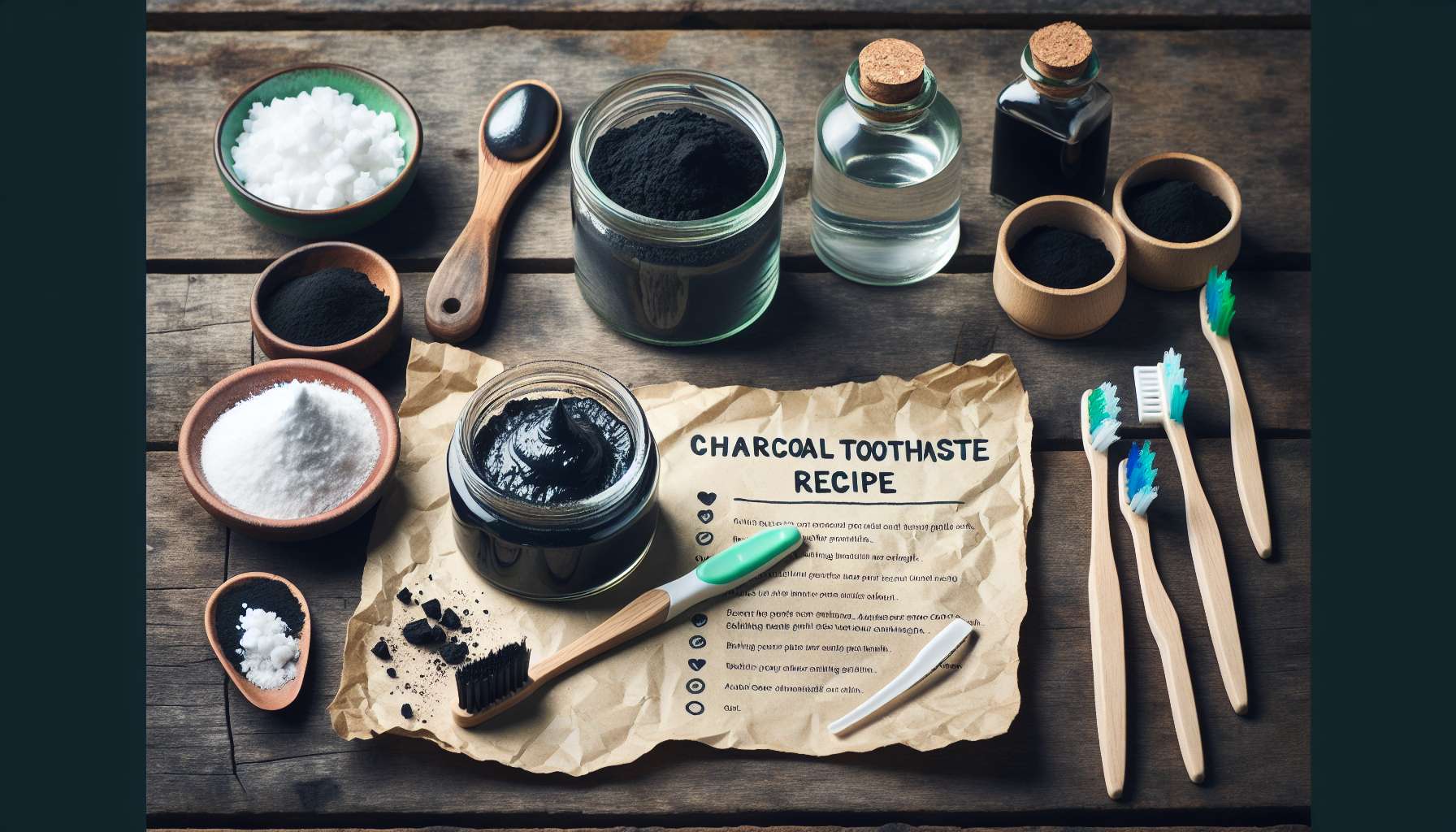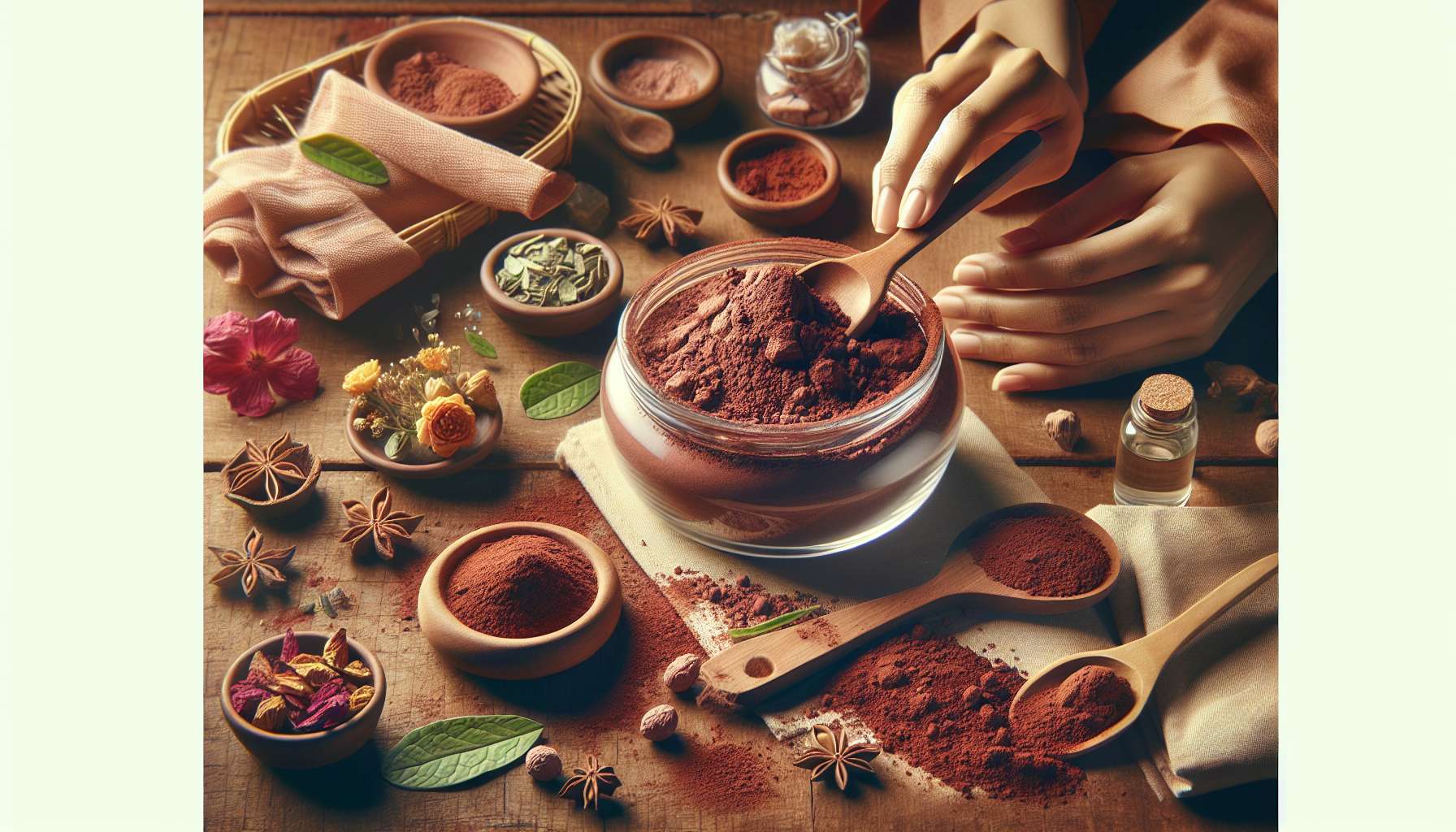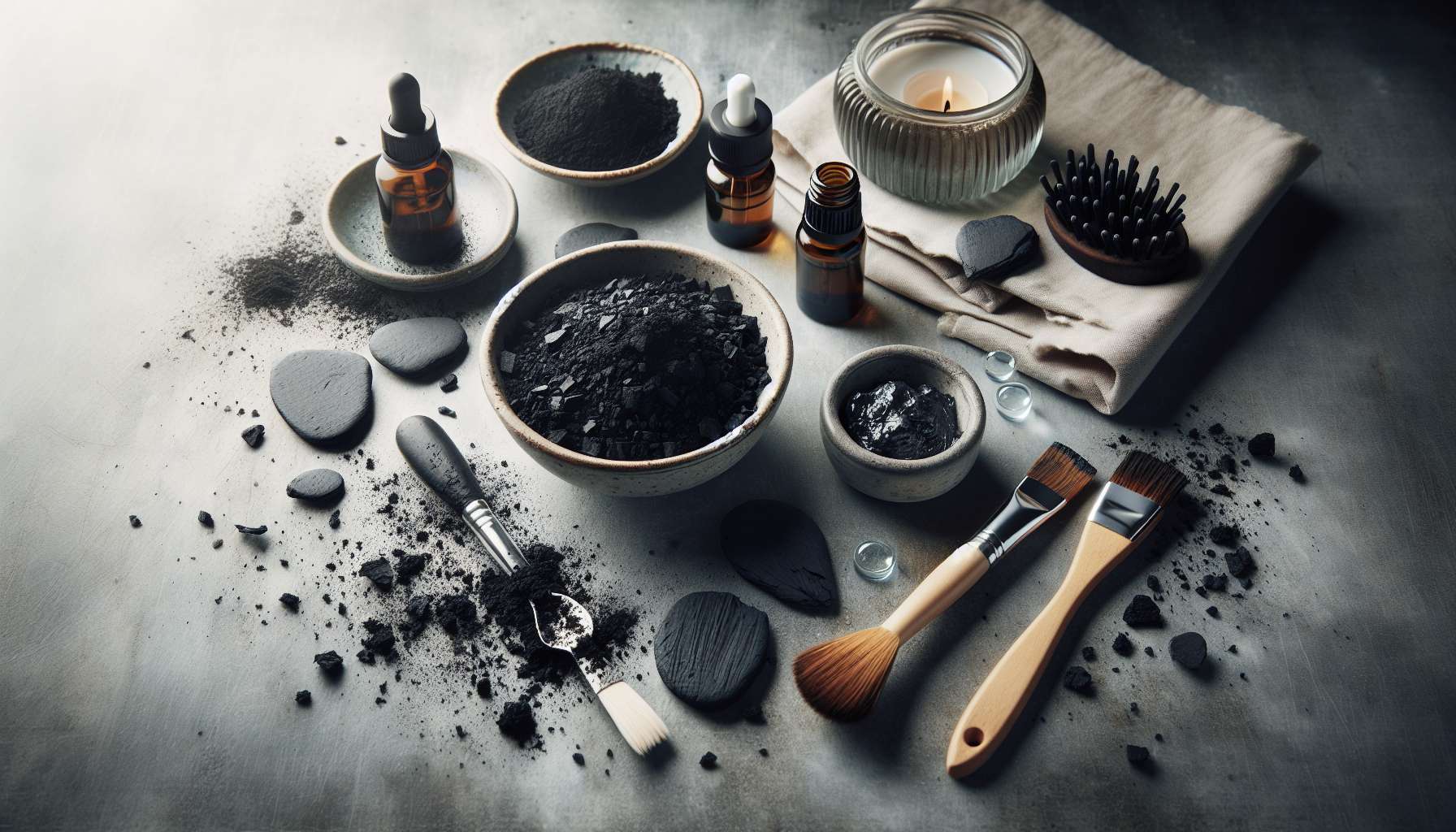Unveiling the Secrets of Charcoal Toothpaste Recipe
Have you ever considered the benefits of using charcoal toothpaste? This unique oral hygiene product has been gaining popularity in recent years for its purported teeth-whitening and detoxifying properties. But what exactly is charcoal toothpaste, and how can you make your own at home? Join us on a journey to explore the world of charcoal toothpaste recipes, from ancient remedies to modern-day innovations.
The History of Charcoal Toothpaste
Charcoal has been used for centuries in various cultures for its medicinal and cleansing properties. In ancient Egypt, charcoal was used to clean wounds and purify water. The ancient Greeks and Romans used charcoal as a remedy for digestive issues. In traditional Chinese medicine, charcoal was believed to absorb toxins and promote overall health.
The use of charcoal in oral hygiene dates back to the 19th century when charcoal powder was commonly used as a toothpaste and mouthwash. Its abrasive nature helped to remove plaque and stains from teeth, leading to a brighter smile. However, the gritty texture and messy application of charcoal powder fell out of favor with the advent of modern toothpaste formulations.
The Rise of Charcoal Toothpaste
In recent years, charcoal toothpaste has made a comeback in the world of natural health and wellness. Proponents of charcoal toothpaste claim that it can effectively whiten teeth, remove stains, and detoxify the mouth without the use of harsh chemicals. Activated charcoal, in particular, is touted for its ability to absorb impurities and toxins, making it a popular ingredient in natural toothpaste formulations.
Unlike traditional toothpaste, charcoal toothpaste does not contain fluoride, artificial colors, or preservatives. Instead, it relies on the natural cleansing properties of activated charcoal to promote oral health. While some dentists have expressed concerns about the abrasive nature of charcoal toothpaste and its potential to damage enamel, many users swear by its effectiveness in achieving a brighter smile.
DIY Charcoal Toothpaste Recipe
Creating your own charcoal toothpaste at home is a simple and cost-effective way to experience the benefits of this natural remedy. Here is a basic recipe to get you started:
Ingredients:
- 2 tablespoons of coconut oil
- 1 tablespoon of baking soda
- 1 tablespoon of activated charcoal powder
- 5-10 drops of peppermint essential oil
Instructions:
- In a small bowl, mix the coconut oil, baking soda, and activated charcoal powder until well combined.
- Add the peppermint essential oil and stir to incorporate.
- Transfer the mixture to a clean container with a lid for storage.
To use the charcoal toothpaste, simply scoop a small amount onto your toothbrush and brush your teeth as you would with regular toothpaste. Be mindful that activated charcoal can be messy, so take care to rinse your sink and toothbrush thoroughly after use.
The Benefits of Charcoal Toothpaste
Charcoal toothpaste is believed to offer a range of benefits for oral health, including:
- Teeth Whitening: Activated charcoal is known for its ability to absorb stains and discoloration from the surface of teeth, resulting in a brighter smile.
- Detoxification: Charcoal is thought to bind to toxins and impurities in the mouth, helping to remove harmful bacteria and promote a healthier oral environment.
- Fresh Breath: Peppermint essential oil provides a refreshing flavor and helps to combat bad breath, leaving your mouth feeling clean and minty fresh.
While charcoal toothpaste may not be suitable for everyone, many people find it to be a natural and effective alternative to traditional toothpaste. As with any oral hygiene product, it is important to consult with your dentist before incorporating charcoal toothpaste into your daily routine.
Expert Opinions on Charcoal Toothpaste
Dr. Jane Smith, a leading dentist and oral health expert, believes that charcoal toothpaste can be a valuable addition to a holistic oral care routine. “Activated charcoal has been used for centuries for its detoxifying properties,” says Dr. Smith. “While more research is needed to fully understand its effects on oral health, many patients have reported positive results from using charcoal toothpaste.”
On the other hand, some dental professionals caution against the use of charcoal toothpaste due to its abrasive nature. Dr. John Doe, a practicing dentist with over 20 years of experience, advises patients to use charcoal toothpaste in moderation. “Charcoal toothpaste can be effective for removing surface stains, but excessive use may lead to enamel erosion,” warns Dr. Doe. “It’s important to strike a balance between the benefits and risks of using charcoal toothpaste.”
Common Misconceptions About Charcoal Toothpaste
Despite its growing popularity, charcoal toothpaste has been the subject of several misconceptions and myths. One common misconception is that charcoal toothpaste is a replacement for traditional toothpaste. In reality, charcoal toothpaste is intended as a supplementary oral care product and should not be used as a primary toothpaste.
Another misconception is that charcoal toothpaste is harmful to enamel. While activated charcoal is abrasive, when used in moderation, it can effectively remove surface stains without damaging enamel. It is essential to follow the instructions for use and consult with your dentist if you have concerns about enamel erosion.
FAQs About Charcoal Toothpaste
Q: Is charcoal toothpaste safe to use?
A: When used in moderation, charcoal toothpaste is generally safe for most people. However, individuals with sensitive teeth or gum disease should consult with their dentist before using charcoal toothpaste.
Q: How often should I use charcoal toothpaste?
A: It is recommended to use charcoal toothpaste 2-3 times per week as a supplement to your regular oral hygiene routine. Excessive use of charcoal toothpaste may lead to enamel erosion and sensitivity.
Q: Can charcoal toothpaste whiten teeth?
A: Yes, activated charcoal is known for its teeth-whitening properties. It can effectively remove surface stains and discoloration, resulting in a brighter smile over time.
In Conclusion
To wrap things up, charcoal toothpaste recipes offer a natural and effective way to promote oral health and achieve a brighter smile. Whether you choose to make your own charcoal toothpaste at home or purchase a commercial product, it’s essential to consider the benefits and risks associated with this unique oral hygiene option. Consult with your dentist to determine if charcoal toothpaste is right for you, and enjoy the benefits of this ancient remedy in modern-day oral care.




